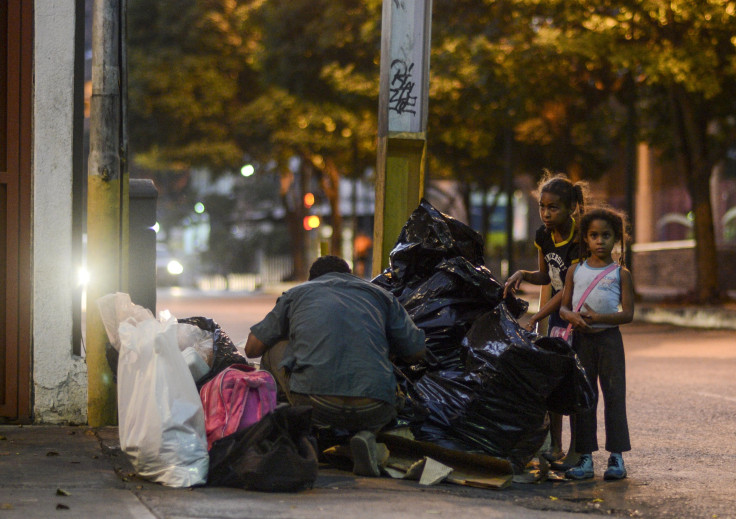
Venezuela is a country with 32 million inhabitants spread over 24 states. 17 of these states have millions of cultivable hectares and potentially suitable for livestock. On the northern coast of South America, Venezuela
is blessed with fertile land and natural resources, however after 18 years of systematic expropriation, abuse, exploitation of resources and absolute control over productive activities, agricultural and livestock producers denounce that their productions are decreasing every day.
"We
barely produce 20% of what the Venezuelan demands and it is possible that our activity will continue to decrease. We have 12 consecutive years falling as a sector because of a public policy of control and extortion," informed to
Infobae Aquiles Hopkins, president of the Confederation of Associations of Agricultural Producers of Venezuela (
Fedeagro)
Hopkins says that "in an alleged war against the landowners, Chavez, first, and Maduro, later, have expropriated over 6 million cultivable hectares of the most diverse items," adding that "Venezuela was an exporter of coffee, corn, fruits, vegetables, cattle and now we are in misery, depending on state imports. They took jobs here to give it to other nations that is where low quality items
are bought and overpriced, that is not a secret."
According to the union leader, they don't have fertilizer seeds and other inputs that encourage production. "The Maduro government controls what they relate to inputs and only supplies them to its allies. There is also no financing in bolivars or dollars; there is no money for us. There are no seeds, vehicles, spare parts or fuel to transfer what little we produce; they have lost whole fruit crops because there is no way to move the merchandise, nor light to preserve
what is removed from the earth in the cold chains."
"The famine will continue if this government continues," Hopkins said. "Until 2007 private companies commercialized agricultural inputs. Now it is only the government that monopolizes the seeds, fertilizers and chemicals. The controls are more than excessive," he complained.
Nicolas Maduro has said that the economic crisis in Venezuela is the fault of the sanctions of the United States government. "This has nothing to do with it. The sanctions are very recent and
are designed so that the government leaders do not continue to steal the money of the Venezuelans. We have 12 years of fall, this is not new," Hopkins said.
Farmers consider the current situation as abuses of the Maduro government, and that is why they are no longer afraid to report it. "We
no longer have anything to lose," said Vicente Brito, an entrepreneur in the country's Monagas state. "They occupied my lands, significantly damaged my heritage, and all at all. Of the 1,3000 hectares of cultivation that I have cultivated since 1985, there are only 30 houses built by invaders, with a legacy of misery and abandonment. This has made the revolution with a family like ours. In my lands community projects
were going to
be developed, as government officials informed me they appropriated private property that belonged to my family for years," he added.
Despite the injustices, Venezuelans live hoping one day they won't have to hear from Nicolas Maduro again.
© 2025 Latin Times. All rights reserved. Do not reproduce without permission.





